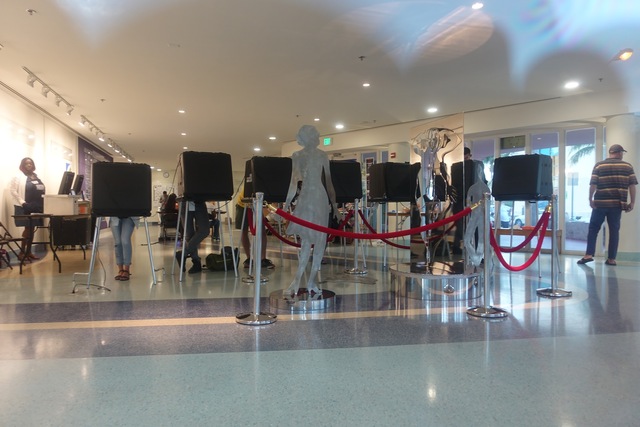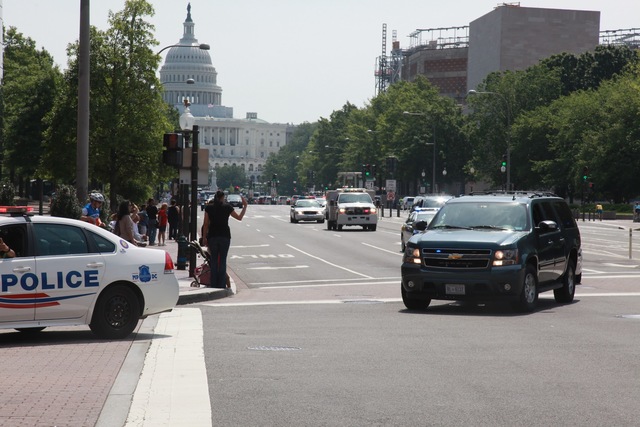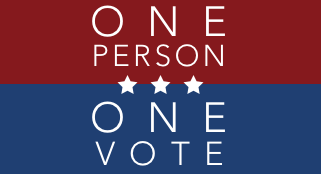How can the Democrats help the GOP break free of Trump?
Submitted by brad on Tue, 2025-03-11 16:49The more extreme Trump gets, the more the non-MAGA Republicans, whom I will call the "GOP," would like to be free of him. They always distrusted him, but their desire for power overwhelmed that distrust. The alternative to Trump was the Democrats. Opposition to Trump meant being pushed out of the Republican party like Liz Cheney. Now they live in fear. Only the GOP have the political power to remove Trump. 4 in the House. 4 in the Senate could pass a resolution, including a resolution declaring Trump an insurrectionist.











